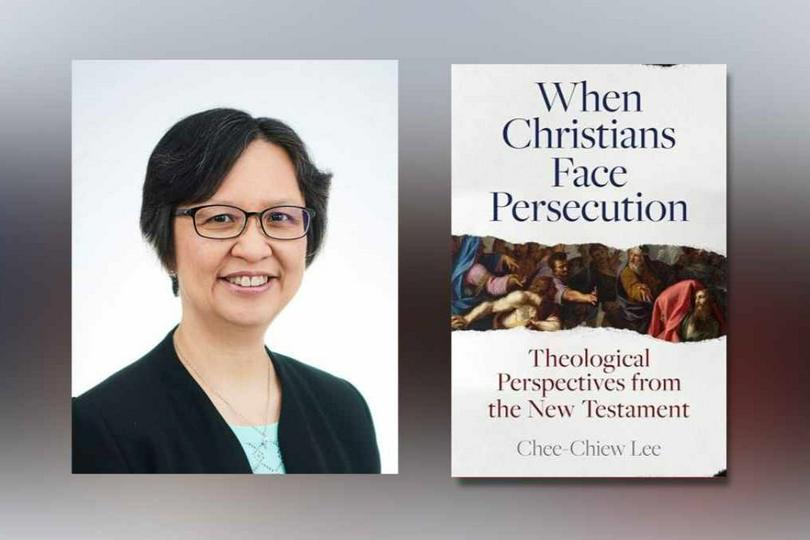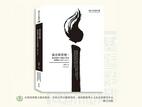In her essay Responding to Persecution and Marginalization of Christians, New Testament scholar Chee-Chiew Lee examines how New Testament authors approached persecution, offering guidance for contemporary Asian Christians seeking to respond faithfully to challenges in their contexts.
Chee-Chiew Lee is a professor of New Testament at Singapore Bible College, and she also serves on the editorial board for the Langham Chinese Bible Commentary and on the advisory board of Evangelical Quarterly.
Her essay summarizes the salient points of her book When Christians Face Persecution, and is collected in Exploring the New Testament in Asia: Evangelical Perspective published by Langham Publishing and the Asia Theological Association (ATA).
In her essay, Lee outlines how New Testament writers viewed persecution, assessed responses to it, and encouraged perseverance in faith.
Though Singapore experiences minimal religious persecution, many students and alumni from Singapore Bible College serve in areas with high persecution levels. Lee’s interaction with them sparked her interest in the topic.
At a virtual launch event for the new book Exploring the New Testament in Asia which collects 13 essays including hers, Lee shared key points from her essay.
She explained that New Testament authors advocated an “adaptation” approach in response to persecution. By “adaptation,” Lee referred to Paul’s use of existing Jewish practices, such as prayer, to promote praying for everyone—including kings and those in authority to address societal concerns over Christians’ perceived negative impact on the community at that time.
Paul’s adaptation approach avoided “accommodation,” as he did not join in sacrificial ceremonies or rituals other groups performed for the Roman emperor.
New Testament authors also stressed the importance of empathy in encouraging faithful perseverance. Empathy, she noted, goes beyond mere advice; it involves genuinely feeling alongside those under pressure.
Additionally, New Testament writers upheld firmly that a strong eschatological conviction in the value of suffering for Christ and the empowerment of the Holy Spirit is essential for enduring faith through all times.
In the Q&A session of the event, Lee observed that Asian Christians need to consider their unique relationship with the state.
She said Western models of engaging with authority, such as public protests, may not be viable in many parts of Asia, where government opposition is often not tolerated. She suggested further study into how Asian Christians can voice their perspectives effectively within political constraints.
Lee’s essay is now available in Hindi and Chinese, translated with the publisher’s permission, and is available for free download and dissemination.












